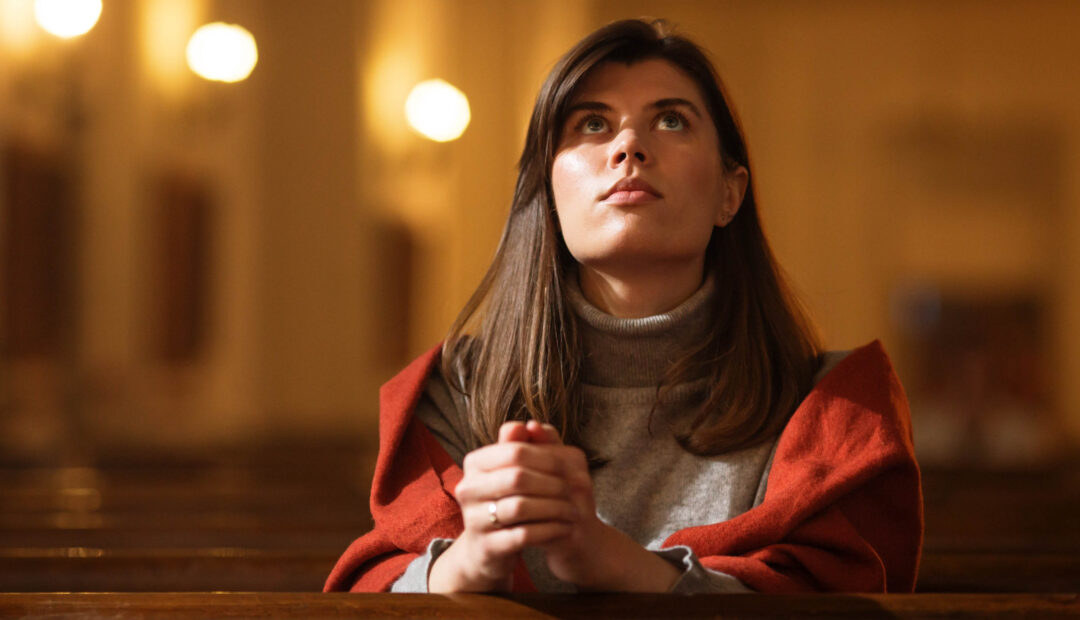Recent news from the Vatican indicates that transgender people can now be baptized and become official godparents. According to the NYT, Pope Francis, who has advocated for LGBTQ+ tolerance throughout his papacy, has officially announced the practice of baptizing transgender people, a move which will likely anger conservative Catholics internationally.
Not only can transgender people be baptized, but they can also serve as official godparents and be witnesses at church weddings. However, the Vatican stated transgender people can be baptized within the church so long as it doesn’t create “public scandal or confusion among the faithful.”
This decision was revealed in a document signed by Pope Francis on Oct. 31 which was released to the public online last week by the Vatican’s Dicastery for the Doctrine of the Faith. The document answered questions posed by Brazilian Bishop José Negri of Santo Amaro, which focused on the participation of LGBTQ+ people in the Sacraments.
“It struck some transgender people and advocates of a more inclusive church as an ‘important’ and encouraging step on a path toward a Roman Catholic Church that is more focused on opening its doors than keeping people out,” NYT reports.
The document explains the sacrament of baptism has an “indelible character regardless of the state of sin of the person receiving it.” Which despite the support of baptism, still assumes transitioning to be a sin.
Pope Francis has had a somewhat back and forth relationship with the acceptance of LGBTQ+ people into the Catholic church. He has toyed with the idea that the Catholic church should tolerate LGBTQ+ members, but has also turned his back on the community, opposing same-sex marriage. What’s more, the Catholic Church’s Catechism still maintains that “homosexual acts are intrinsically disordered.”
Francis DeBernardo, executive director of New Ways Ministry, an advocacy group for gay Catholics based in Maryland, released a statement, regarding the document’s release:
“This affirmation, itself a reversal of a previous Vatican decision, contrasts strikingly against the restrictions some U.S. bishops have imposed on LGBTQ+ people in recent years,” DeBernardo writes. “Additionally, though the document appears to caution that people in same-gender relationships may not be suitable godparents, the new decision’s emphasis that ‘pastoral prudence’ be used on a case-by-case basis opens the possibilities for married gay people to serve in such roles.”
DeBernardo goes on to say that the document “proves that the Catholic Church can, and does, change its mind about certain practices and policies.”


